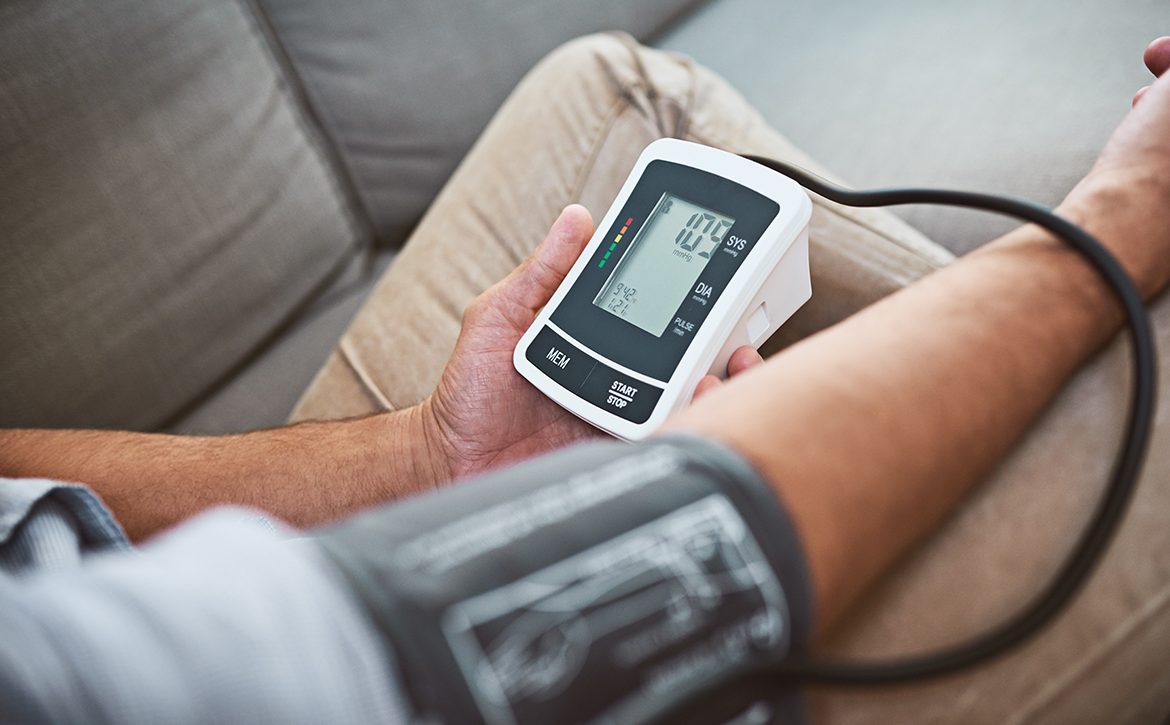Dentists using botox injections (botulinum toxin) and dermal fillers in their practice must do so in accordance with the requirements of the Dental Board of Australia and other regulatory authorities.
Injectable botulinum toxin and collagen are Schedule 4 poisons which in Victoria should not be prescribed or supplied by a dentist unless it is for the dental treatment of a patient under their care and they have taken all reasonable steps to ensure that a therapeutic need exists for that poison: Regulation 10(2) of the Drugs, Poisons and Controlled Substances Regulations 2006 (Vic). There is a penalty of 100 penalty units for breach of this Regulation.
Further, registered dental practitioners should practice within the definition of dentistry as defined in the Board’s Guidelines for Scope of Practice. The definition of dentistry is as follows:
“Dentistry involves the assessment, prevention, diagnosis, advice and treatment of any injuries, diseases, deficiencies, deformities or lesions on or of the human teeth, mouth or jaws or associated structures.”
As such, if injectable botox or collagen is prescribed other than for dental therapeutic use, and the use of injectable botox or collagen is unrelated to the “treatment of any injuries, diseases, deficiencies, deformities or lesions on or of the human teeth, mouth or jaws or associated structures” this will constitute on the one hand a breach of the drugs and poisons legislation in Victoria, and on the other, may lead to adverse disciplinary action by the Board if a complaint is made to AHPRA.
Dentists may also find they are not covered by their professional indemnity insurance for any claims arising out of their practice in this area.
To the extent that prescribing by Dentists in other states and territories must be for dental treatment only, the same advice would apply. In any event, the definition of “dentistry” applies nationally.
Dentists should also be aware that even if botulinum toxin can be used by registered dentists in some Australian jurisdictions for dental treatment (for example Temporomandibular joint dysfunction (TMJ)) this may not be a therapeutic use approved by the Therapeutic Goods Administration (TGA). As such a practitioner should exercise their clinical judgement carefully having undertaken an assessment of risk and with the fully informed consent of the patient. This should, of course, be fully documented. Dentists must also be aware that under the Therapeutic Goods Act 1989 it is an offence for a person to advertise prescription-only items. Dentists should refer to the TGA website for guidance in relation to acceptable general terms and phrases that may be used in advertising, or seek legal advice on the issue.











